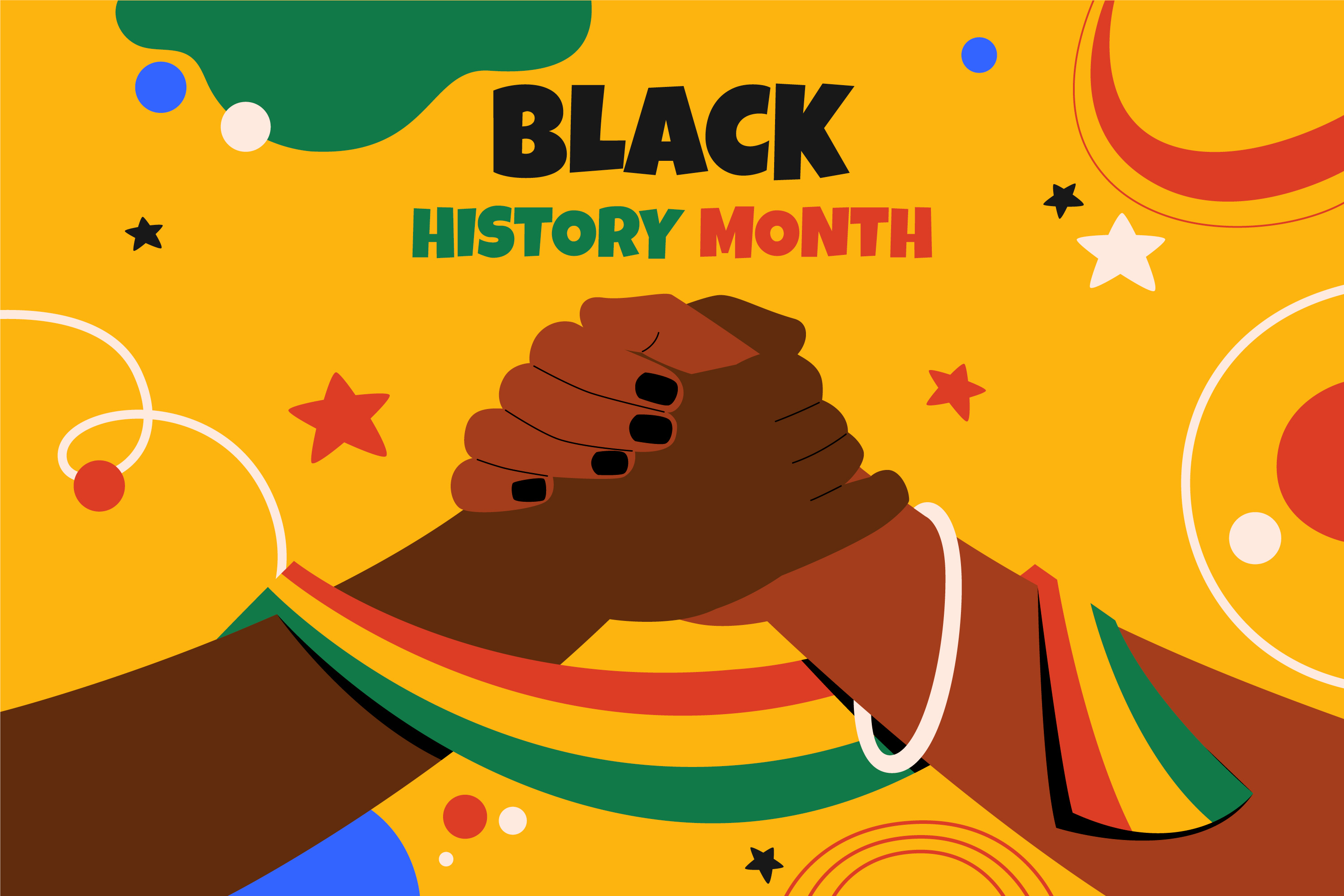Discover how Black History Month celebrations can foster pride, resilience and uplift mental health among Black teens.

Every February, we get a chance to celebrate Black History Month—a time to deepen the spotlight on the massive impact Black Americans have on our nation.
But it’s more than just a history deep-dive. It’s about lifting the Black community, connecting with each other, and celebrating champions from the past and present.
A recent poll showed that 76% of Black folks feel race is a huge part of their identity. And having a sense of ethnic pride may be as important as self-esteem to the mental health of Black youth specifically, according to one study.
Which is why we like to think that taking part in Black History Month can be an unexpected way for Black teens to boost your mental health. Think about it: seeing success stories of other Black Americans, both from history and today, isn’t just empowering; it makes us believe that success is possible for us too. We become proud of those achievements, of each other, of the community. And that sense of connection and pride? That can boost your mood!
Black History Month also has the power to transform perceptions — it’s a time to learn the stories of known and unknown Black scientists, artists, and thinkers who have been integral to the shaping of American and global history.
Black History Month was officially established in 1976 by President Gerald Ford who asked Americans to use the month in order “seize the opportunity to honor the too-often neglected accomplishments of Black Americans in every area of endeavor throughout our history.”
The monthlong celebration evolved out of “Negro History Week,” which noted historian Carter G. Woodson and other prominent African Americans started. Woodson, the second African American to earn a PhD from Harvard, understood the power of education and the dangers of exclusion. Woodson understood history is about the past – but also how the present will impact the future – and sought to focus on the achievements of African Americans.
Those who have no record of what their forebears have accomplished lose the inspiration which comes from the teaching of biography and history.
Carter G. Woodson
Woodson chose the second week of February because of the birthdays of both Abraham Lincoln and Frederick Douglass, American symbols of freedom, according to Association for the Study of African American Life and History (ASALH).
Douglass, an abolitionist who overcame the traumas of enslavement, embodied the principles of education and leadership, advocating tirelessly for the freedom and progress of Black people.
By the late 1960s, fueled by the Civil Rights Movement and an increased embrace of Black identity, “Negro History Week” expanded into Black History Month across numerous college campuses.
In classrooms around the country, teachers and classes would spotlight the lives and contributions of many Black Americans, including activists and civil rights pioneers like Harriet Tubman, Sojourner Truth, Marcus Garvey, Martin Luther King Jr., Malcolm X and Rosa Parks.
The annual observance of Black History Month serves also serves a reflection point of past struggles and efforts to form a more inclusive historical narrative of America.
While there is often focus on the history of slavery and the civil rights movement, there has been growing pushes to use the time to dig deeper into the continuing systematic injustices that exist within various parts of American institutions today.
Those issues are often reflected in the themes chosen for each’s year celebration. Past themes have explored Black resistance, voting rights, educational challenges, and the inequity of health systems and mental health care in America.
This year the ASALH chose to highlight the African American influence on the arts.
For centuries Western intellectuals denied or minimized the contributions of people of African descent to the arts as well as history, even as their artistry in many genres was mimicked and/or stolen.
ASALH
However, we can still see the unbroken chain of Black art production from antiquity to the present, from Egypt across Africa, from Europe to the New World. Prior to the American Revolution, enslaved Africans of the Lowcountry began their more than a 300-year tradition of making sweetgrass baskets, revealing their visual artistry via craft.
So, what can you do to get into this year’s spirit of Black History Month? A lot!
You can always come up with your own ideas, remember, it’s all about celebrating the culture, the people, and the progress.
And that includes you. Celebrate where you come from, how far you’ve come and let the great Black American artists remind you to carry the spirit of this month with you all year round.
Because history isn’t just about the past; it’s about the trail you’re blazing right now. That’s right, young kings and queens, this a reminder you’re walking in the footsteps of greatness, and now is your time to add to it!
Disclaimer: This website offers general information and is not a substitute for professional advice. We are not clinicians or trained professionals; this information should not replace seeking help from a qualified healthcare provider. Please consult a healthcare provider for personalized guidance.
Image credit: by Freepik